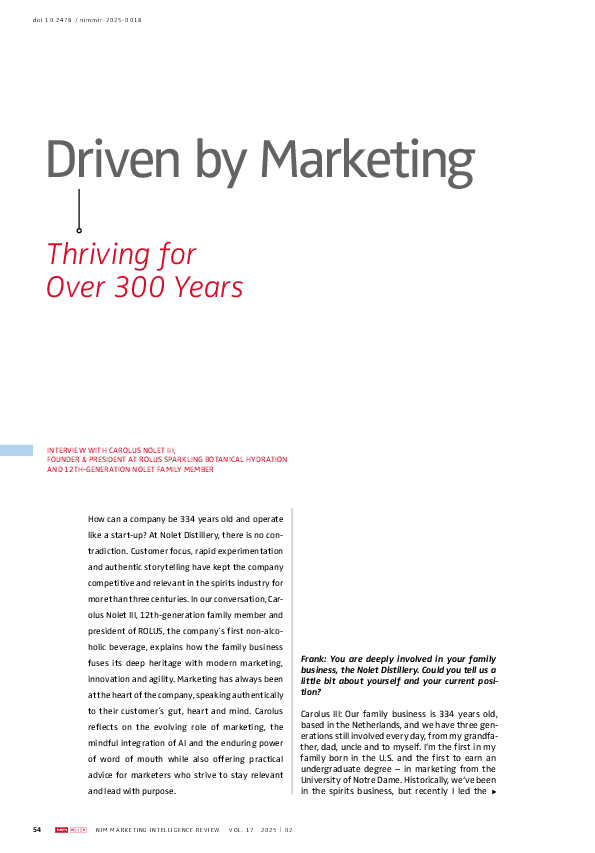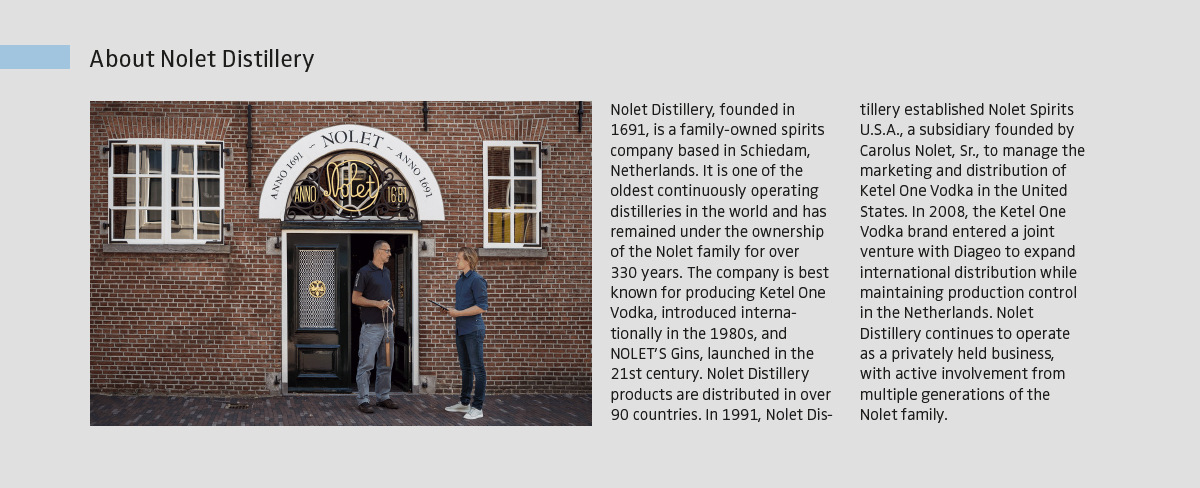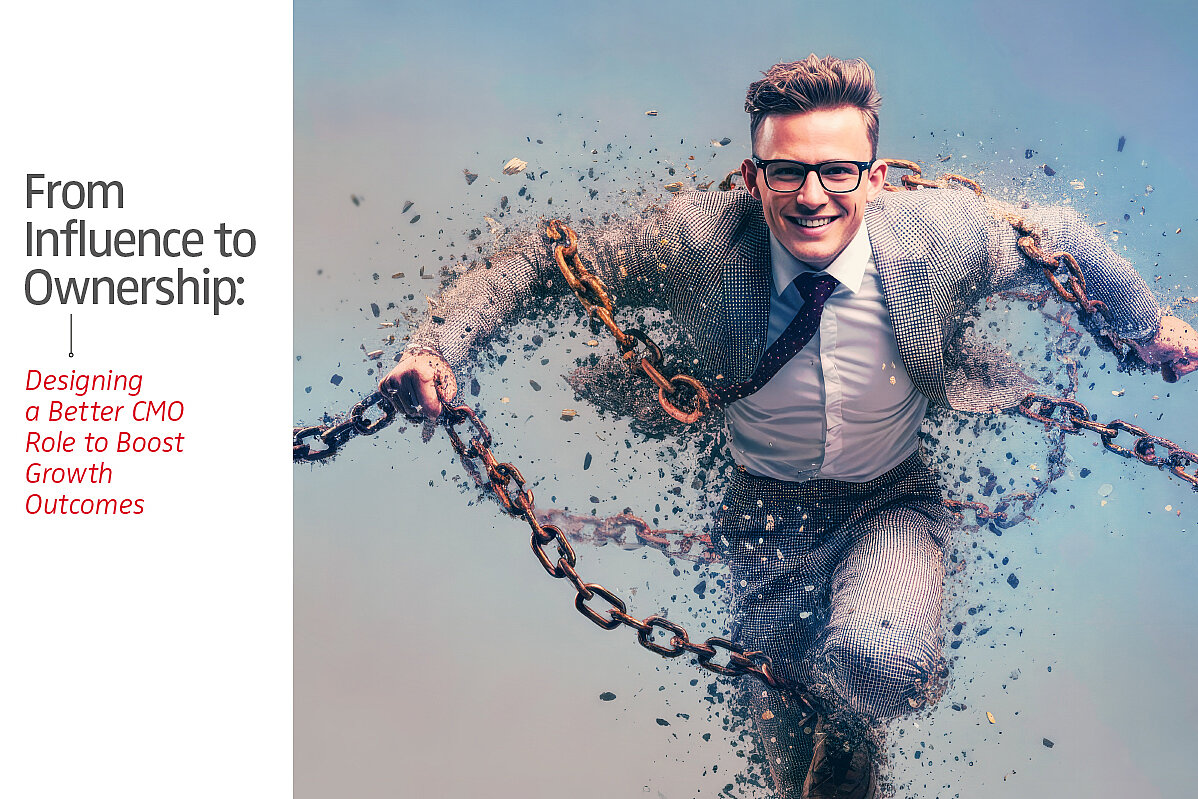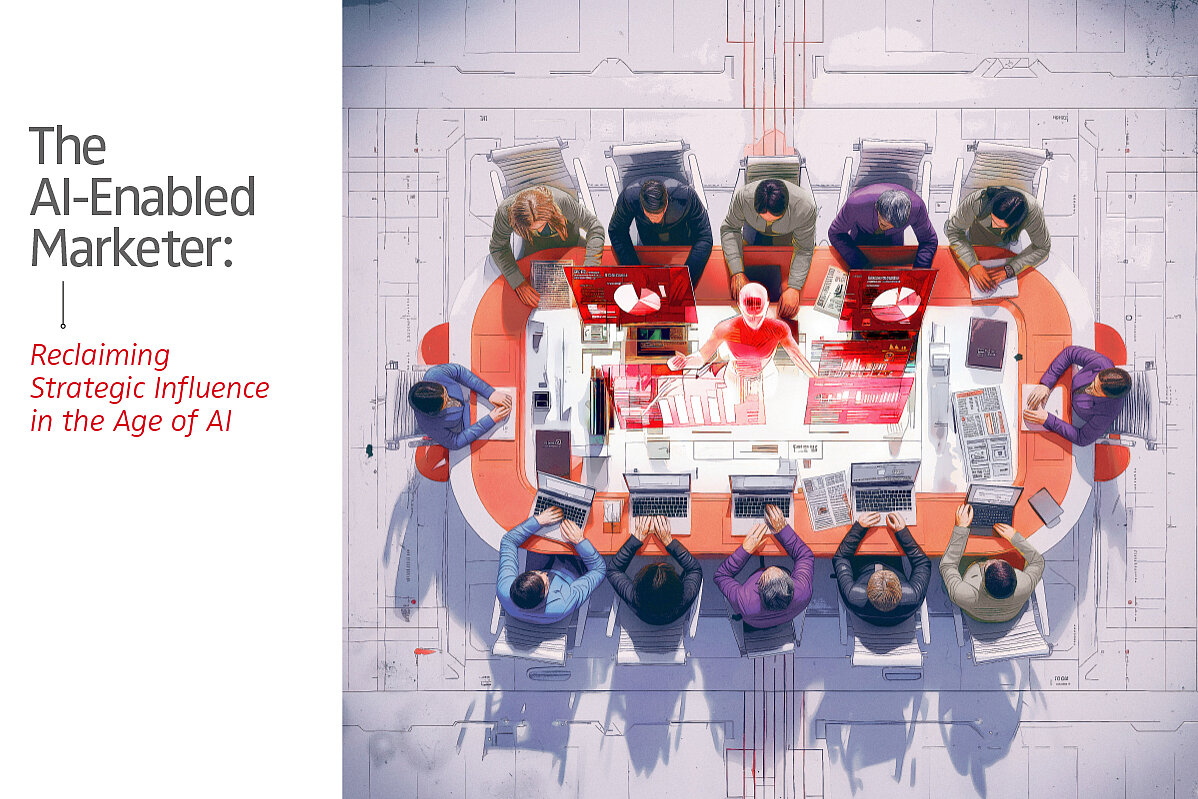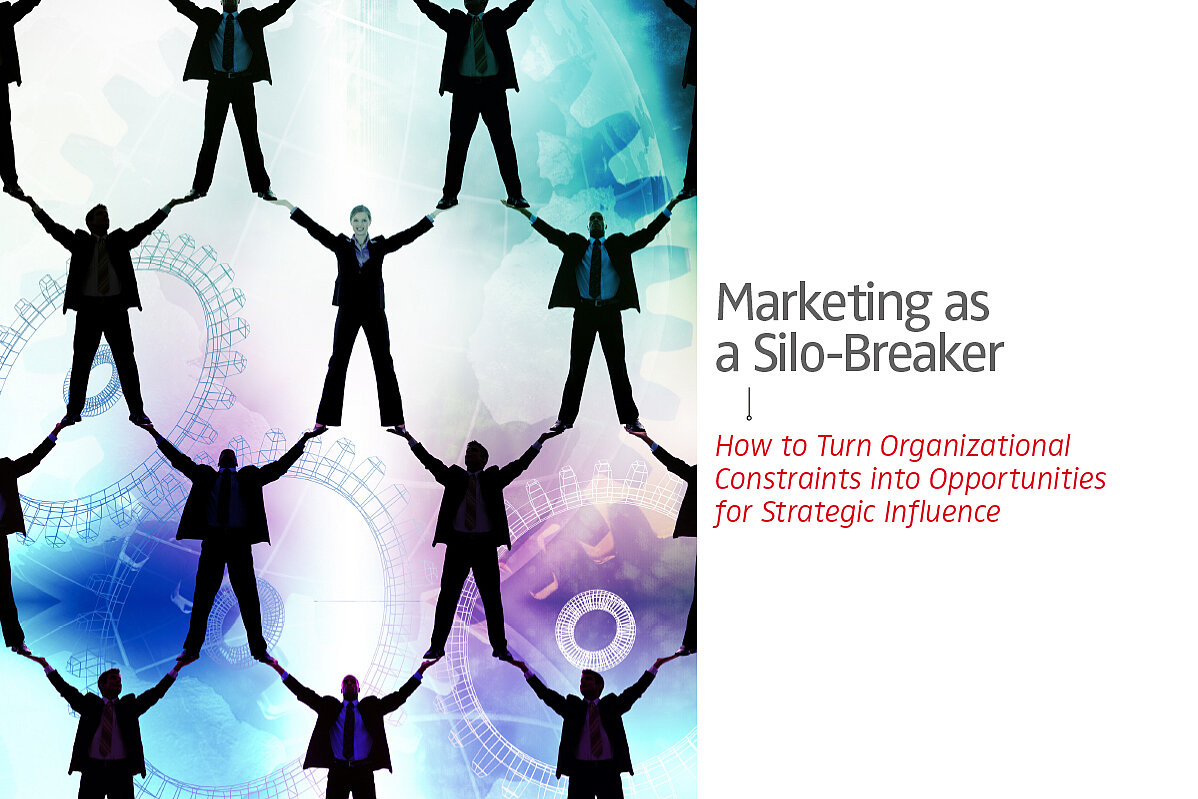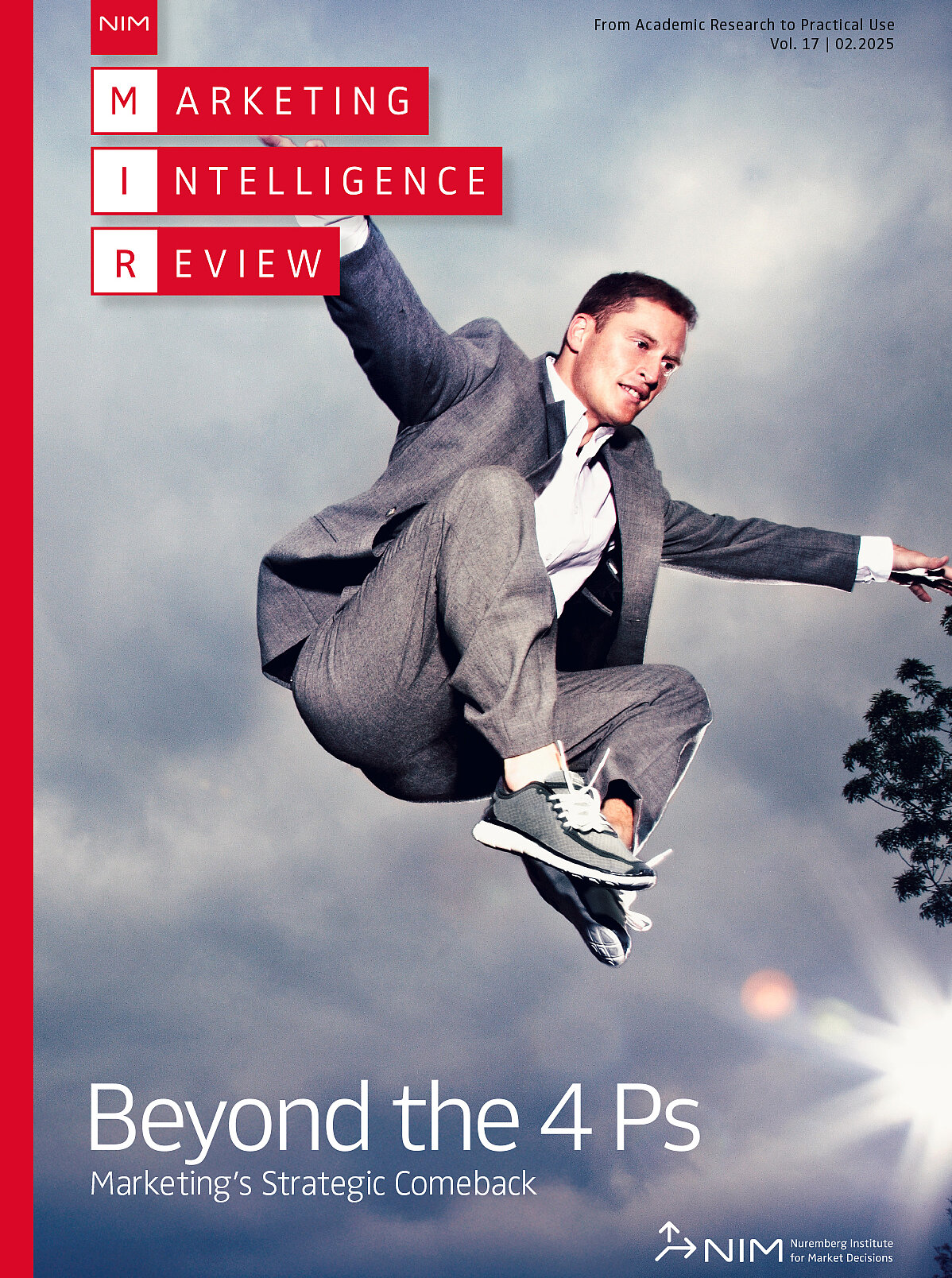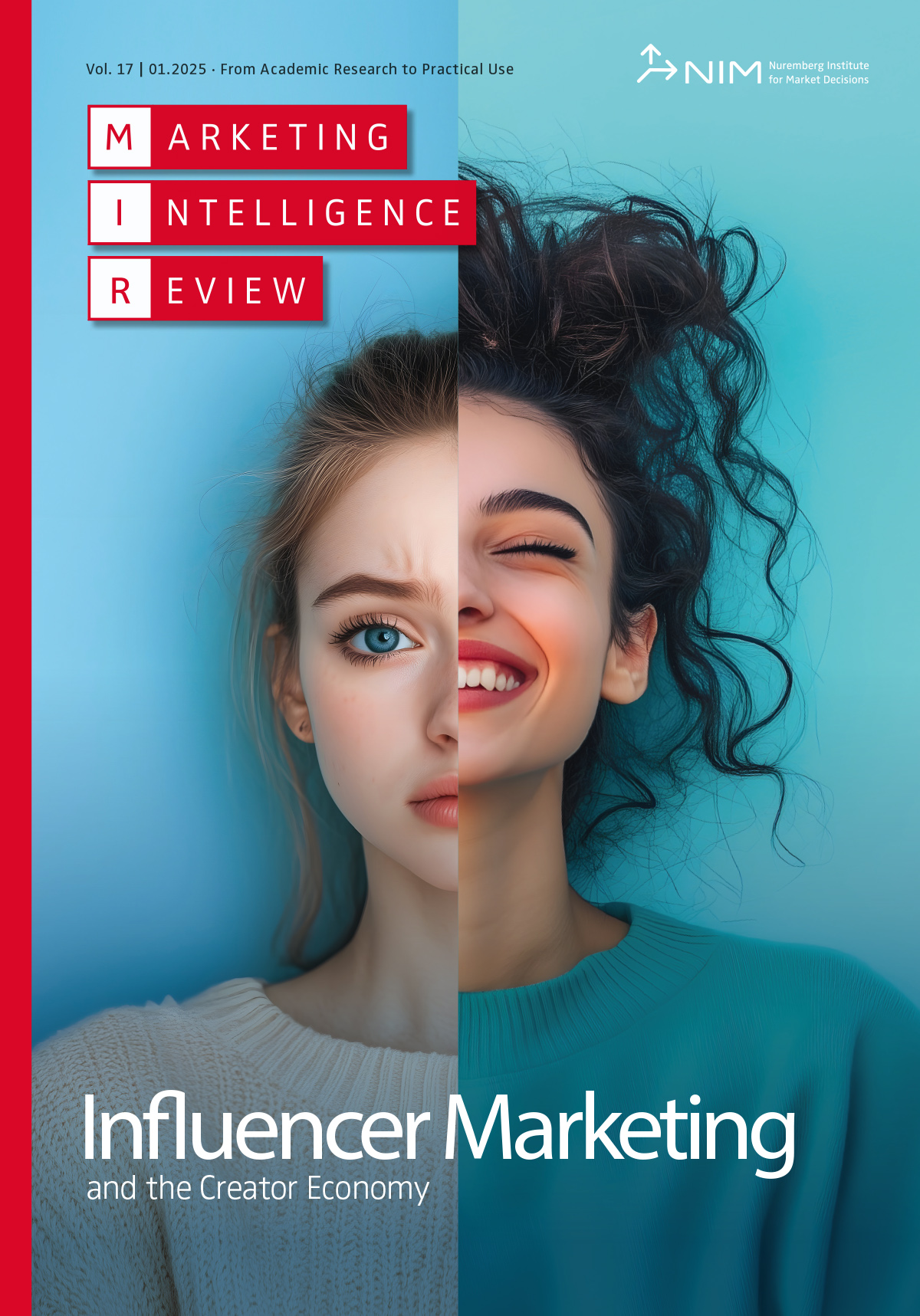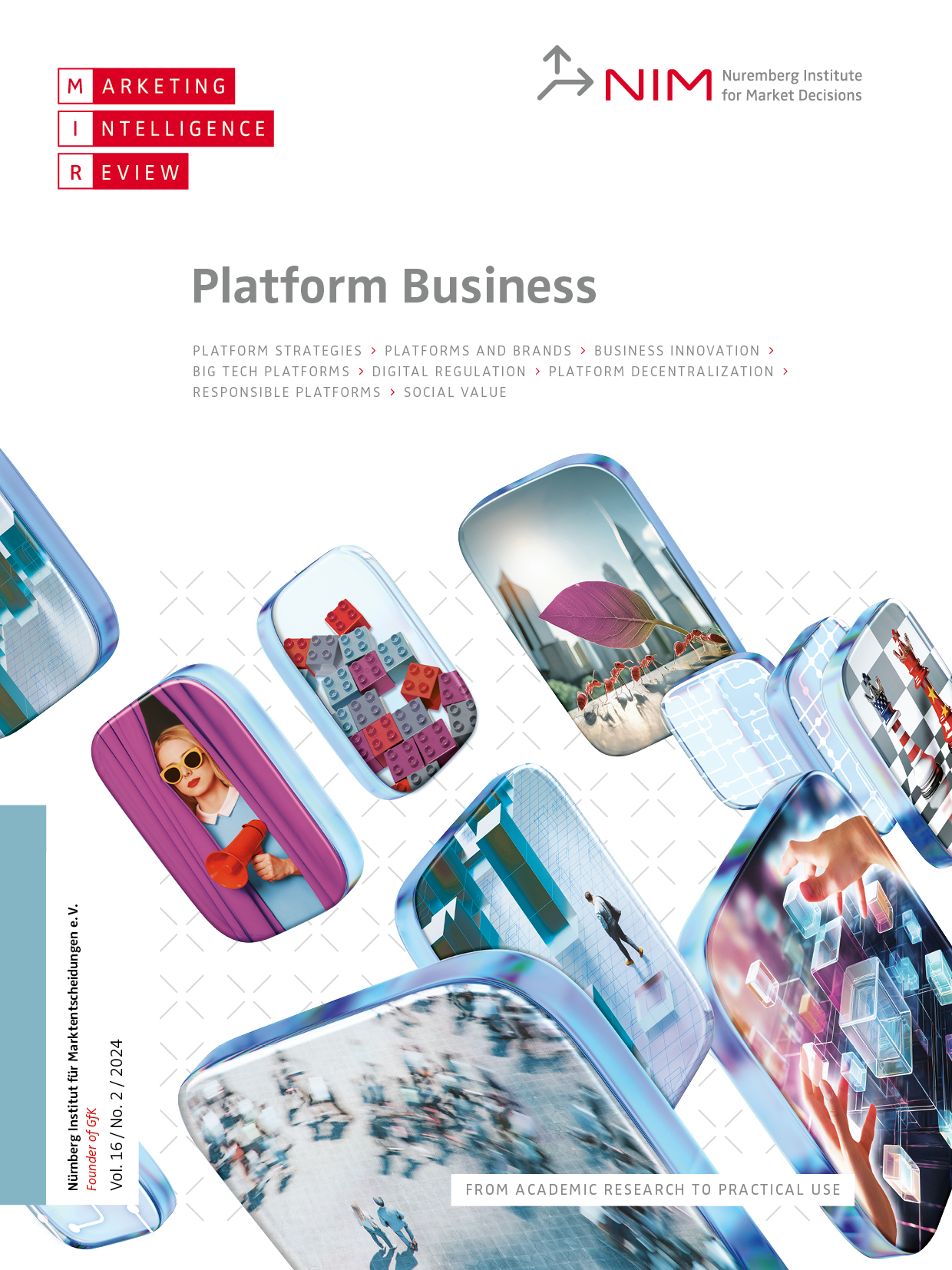Driven by Marketing – Thriving for Over 300 Years
How can a company be 334 years old and operate like a start-up? At Nolet Distillery, there is no contradiction. Customer focus, rapid experimentation, and authentic storytelling have kept the company competitive and relevant in the spirits industry for more than three centuries. In our conversation, Carolus Nolet III, 12th-generation family member and president of ROLUS, the company´s first non-alcoholic beverage, explains how the family business fuses its deep heritage with modern marketing, innovation and agility. Marketing has always been at the heart of the company, speaking authentically to their customer´s gut, heart, and mind. Carolus reflects on the evolving role of marketing, the mindful integration of AI, and the enduring power of word of mouth, while also offering practical advice for marketers who strive to stay relevant and lead with purpose.
Frank: You are deeply involved in your family business, the Nolet Distillery. Could you tell us a little bit about yourself and your current position?
Carolus III: Our family business is 334 years old, based in the Netherlands, and we have three generations still involved every day from my grandfather, dad, uncle and to myself. I’m the first in my family born in the U.S. and the first to earn an undergraduate degree – in marketing from the University of Notre Dame. Historically, we’ve been in the spirits business, but recently I led the launch of our first non-alcoholic product: ROLUS, a sparkling hydration drink. I'm currently the president of ROLUS and deeply involved in all aspects of our business, with innovation and marketing at the core of what we do.
Frank: Your company’s history is truly impressive, and today we would like to focus on marketing, its role in your business and how it has evolved over time. Do your marketers have ownership over key growth levers like pricing, product strategy and customer experience?
Carolus III: Yes, marketing has full ownership over these areas. The Nolet family members have close access to decision-making, and it's critical for us to drive product development, pricing and end-to-end customer experience. We believe marketing must be rooted in understanding and serving the customer. My grandfather, Carolus Nolet, Sr., championed word-of-mouth marketing and while we have added modern tools to amplify that, the principle remains the same – know your customer and deliver value.
Frank: In your view, should CMOs be accountable for overall company growth, such as driving sales? Or is their role better focused on top-of-funnel activities, with other teams taking ownership of conversion and bottom-funnel performance?
Carolus III: I think it depends somewhat on the industry and company structure, but in our case, the CMO should be responsible for driving growth. More than ever, marketing leaders have tools and visibility to influence every stage of the funnel – from awareness at the top all the way down to conversion. I am constantly reminded by my dad, Carolus Nolet, Jr., of how important it is for marketing to listen to sales. Yet, we know the marketing team is ultimately responsible for gathering all the data of the sales team and the data from all the tools and research out there. All in all, I firmly believe the CMO and their team should be held accountable for measurable business growth because they are the ones that ultimately control the company’s landscape and brand across all channels.
Frank: In many companies, the marketing function’s influence has declined. What helps marketers maintain or reclaim their strategic voice at your firm?
Carolus III: We’ve maintained marketing’s influence by staying grounded in the authenticity of our brands. We stick to the core and believe in who we are as a brand. Ultimately, that wins. Also, today’s customers are a lot smarter – they do not just want a catchy tagline or nice packaging. Therefore, we focus heavily on the essential communication about the product – details like family made, or whether it's gluten-free, non-genetically modified or responsibly made. In our storytelling, we speak to the customer’s mind, heart and gut. Classic word of mouth remains extremely powerful, and we strive to earn it through genuine engagement and product excellence. That deep alignment helps marketing remain a central, strategic function in our organization.
Frank: What steps have you taken to ensure marketing is a driver of business strategy and innovation, not just communications?
Carolus III: At our company, marketing leads the way – not just in communication, but across strategy and innovation. Many of us in leadership and my family – including myself – are marketers at heart. That foundation allows us to move quickly and stay deeply connected to our customers. Our decision-making blends data with instinct. When we launched ROLUS, our first-of-its-kind hydration drink, we didn’t wait for perfect data. We had a strong conviction in the concept and moved decisively. Speed matters, and we balance intuition with insights by continuously testing ideas, listening to consumers and adapting based on their feedback. At ROLUS, marketing doesn’t follow strategy – it initiates it.
Frank: How has your organization adapted marketing in response to shifts in consumer expectations, emerging technologies and increasing pressure to drive growth?
Carolus III: New technologies and platforms have transformed how we connect with consumers, allowing us to be more relevant, responsive, and personalized than ever before. From AI and email marketing to social media and creative contents, we use a wide range of tools to deliver a consistent yet tailored brand experience across channels. Today’s consumers expect to engage with brands in multiple spaces seamlessly. For example, during events, we use geo-fencing and retargeting to stay connected with attendees. This helps us understand who’s engaging with our brand and follow up with relevant content, whether through digital ads or personalized emails. By extending the event experience into an ongoing conversation, we stay top-of-mind and build stronger relationships. In competitive markets, this omnichannel approach has become a key growth driver.
Frank: What are some of the key measures you believe companies should prioritize when evaluating the role and impact of a CMO?
Carolus III: Engagement is absolutely critical. Personally, I place great value on people visiting our website — it’s our brand’s home base. That’s where we tell our full story and give visitors a complete picture of who we are and what we stand for. It also gives us a chance to continue the conversation. With tools like re-targeting software and other platforms, we can re-engage visitors with content that matches their interests. If they share their email or phone number, we can connect with them in more meaningful ways. It’s important to guide people to a destination that truly reflects your brand’s identity. For us, that’s our website. It is the heart of our message – the “meat and potatoes” – where people can find answers, learn more and begin building a deeper connection with our brand. Hence, we hold the CMO responsible from a classic sales funnel perspective: for website traffic at the top, re-targeting in the middle and sales at the bottom.
Frank:How has your marketing team helped shape your company's approach to AI, both for customer engagement and internal decision-making?
Carolus III: AI is a tool we’re genuinely excited about, as it helps us work more efficiently and think more expansively, but we’re also clear that the human element comes first. We rely on our brain, gut and heart to lead the way, and use AI to enhance, not replace, our capabilities. Our marketing team was the first within our company to embrace AI. For example, we use it to help draft early versions of scripts or visualize concepts ahead of video production. These tools give us a head start, but creativity and final decisions always remain human-led. That’s essential to making sure our brand voice stays authentic, personal and true to who we are.
Frank: What challenges has your company faced integrating AI into marketing processes, and how have you addressed them?
Carolus III: One of the biggest challenges is avoiding the temptation to over-rely on immature or overly automated AI tools, especially in areas where authenticity is key. For example, chatbots or automated comment responses can still feel noticeably artificial and that risks weakening the genuine connection we want to build with our customers. For us, it’s all about striking the right balance. We use AI to improve efficiency, like generating quick content drafts or helping with basic responses but when it comes to nuanced, meaningful communication, we make sure it stays human. That’s how we protect the integrity of our voice and the relationships we’re working to build.
Frank: Marketing agility is key in today’s environment. What structures or practices has your company put in place to ensure that marketing can move quickly and adapt to fast-changing market conditions?
Carolus III: We operate like a 334-year-old startup grounded in centuries of heritage, but with the mindset and agility of a modern brand. We’re constantly testing, whether through A/B experiments, customer feedback or real-time data from social platforms. It helps us quickly see what’s resonating and refine our approach on the fly. Staying close to the customer and encouraging rapid experimentation are core to how we work. It allows us to move fast, respond to shifting market dynamics and still stay true to our long-term brand vision.
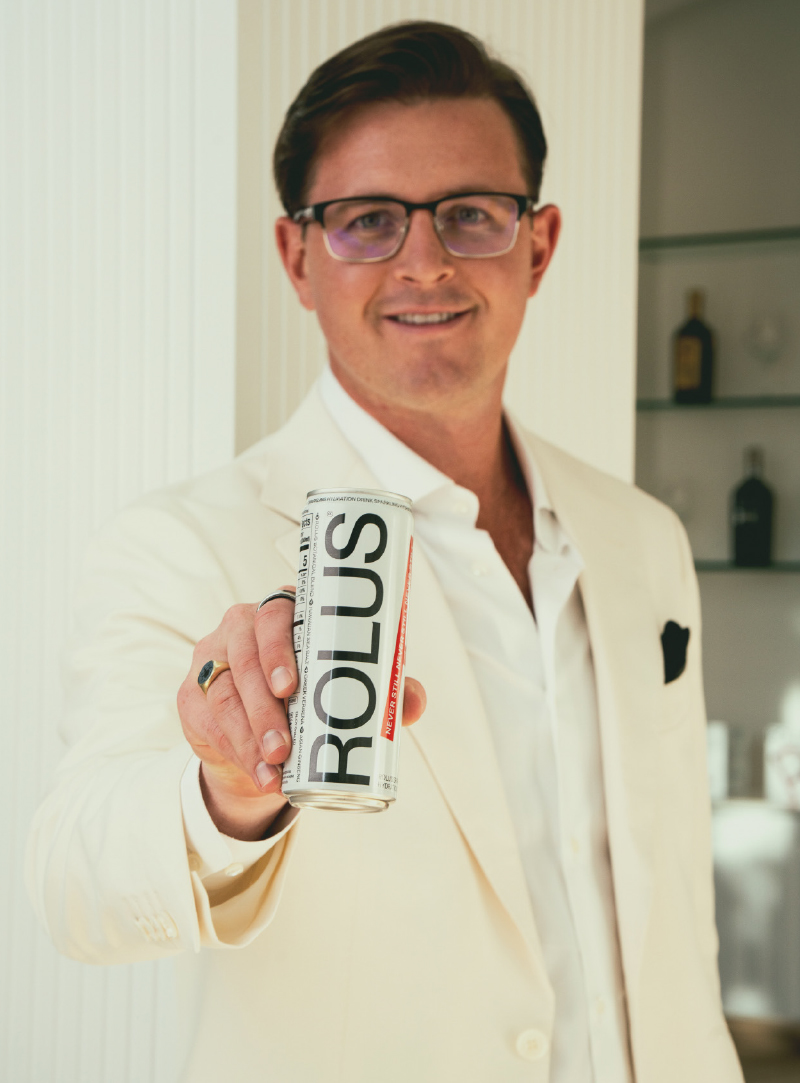
Frank: You mentioned the key role that word of mouth plays in your business – and that your grandfather already championed its value. Do you use influencer marketing to generate word of mouth as part of your broader strategy? How do you encourage word of mouth today?
Carolus III: Influencer marketing is a core part of our strategy and daily activity. We’re very intentional about partnering with influencers who truly reflect our brand values. When the right people tell the right story to the right audience, we see real results – especially on social media, where word of mouth spreads quickly and organically. We pay close attention to how people talk about our brands and we’ve found that authentic storytelling from trusted voices drives measurable gains in awareness and engagement. Classic word of mouth is still incredibly powerful. At the same time, we also continue to invest in more traditional influencers – like bartenders. They play a key role in shaping customer experience and guiding product choices. Whether they’re recommending a cocktail or crafting something custom on the spot, we want to make sure they have the best products at their fingertips to create memorable moments. That personal connection at the point of service is something we deeply value.
Frank: We have talked a lot about social media and digital marketing tools. Given that much of your business still flows through more traditional channels, can you share a bit more about the role they play in your overall strategy?
Carolus III: Digital channels have become an important part of how we engage with consumers, but our primary sales still come through traditional outlets. For example, the hospitality industry – especially bars and restaurants – has always been a core focus for us. We have a heavy focus on “liquid to lips” strategies and sampling. The digital space is incredibly valuable for building relationships, telling our story and influencing the customer journey, but when it comes to revenue, the classic channels still lead the way. In-person experiences remain essential to how we bring the brand to life — whether it's a tasting at a local store or an activation at a major event like Formula 1. These moments allow us to create genuine, lasting connections with people and that is something digital alone can’t fully replace.
Frank: What advice do you have for marketers whose influence is under threat in their organizations?
Carolus III: Don’t spread yourself too thin chasing every new trend or tool – focus is essential. Be clear about which activities and technologies truly support your business goals. It’s great to experiment and stretch, but you need to prioritize what actually adds value. When marketing stays disciplined and aligned with the broader business objectives and understands exactly the drivers of the business, it earns trust and that’s what strengthens its influence across the organization.
Frank: If you were advising a CMO starting out at a new company, what would you tell them to focus on during their first 100 days?
Carolus III: In those first 100 days, I’d encourage leaders to trust their instincts. Early data can be misleading – for example, a 200% jump in engagement might just mean a few extra likes, which isn't enough to base major decisions on. In the beginning, it’s important to go with your gut and stay focused on your core strategy. Keep testing and experimenting, but don’t chase every shiny new trend. Stick with what you know, lean into what feels right and stay consistent. By the end of those first 100 days, you'll have a much clearer picture of what’s really working and you’ll be in a better position to refine your approach with confidence.
Frank: What skill set do you see as most vital for the next generation of marketing leaders?
Carolus III: Curiosity and communication are essential. Great marketing leaders ask questions, test ideas and stay close to their customers to truly understand their evolving needs. No technology can replace the value of real conversations or the desire to learn directly from your audience. Creative ideas and deep insight come from talking to people and building relationships—not just from algorithms or chatbots. And above all, enthusiasm matters. A genuine passion for both the product and the process can make all the difference.
Frank: Carolus, thank you so much for taking the time to share your insights – it’s been a real pleasure speaking with you. Your passion for the craft, respect for tradition and forward-thinking approach to marketing are truly inspiring. Wishing you and the team continued success as you write the next chapter.
